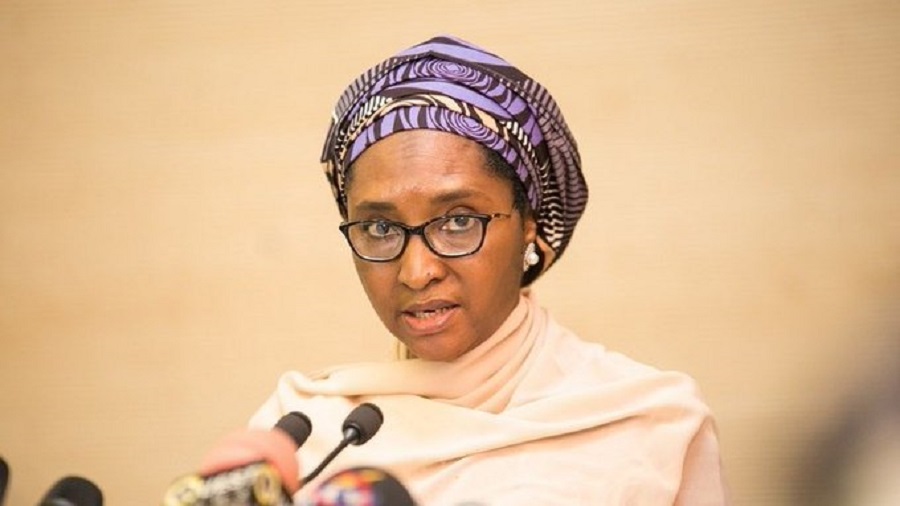The Insurance Development Forum (IDF), a World Bank and UN-backed coalition of insurers and international organizations, intends to establish a $100 million infrastructure fund to assist poor nations in adapting to the consequences of climate change.
The fund will help to design and implement climate-resilient infrastructure projects like early warning systems, flood defenses, and drought-resistant crops.
It will also provide insurance for these projects, shielding them from financial damages caused by weather-related incidents.
What Iyahen said
Speaking ahead of next month’s COP28 climate summit in Dubai, IDF secretary-general Ekhosuehi Iyahen said the fund would seek to help those countries already “feeling the brunt” of climate change.
“Many around the world are having to deal with the impact of climate change already,” she said. “There is an urgency to deal with that.”
The objective was to fund “resilient and sustainable infrastructure in emerging and developing economies”, she added.
According to the Financial Times, global efforts to combat climate change have faced setbacks in recent months as some governments temper their transition plans and industry initiatives to collaborate on net zero policies have met political opposition.
Michel Liès, chair of the IDF’s steering committee and the insurance group Zurich, said the climate summit would be an opportunity to spread the message that it would be better to spend money on prevention measures ahead of time, “instead of waiting for the catastrophe to happen, waiting for the terrible news on the TV”.
He said it was considerably more efficient to spend money before a disaster than after and that the fund, backed by insurers, would be designed as an infrastructure debt fund and start at a few hundred million dollars.
Liès said there was a need to bring “neutrality and objectivity” to the climate discussion, and that the insurance industry could provide that through its expertise in the modelling and pricing of risk. “The debate is becoming tense, which doesn’t make the debate much more efficient,” he added.
About the IDF
The IDF, which was launched at the Paris Climate Summit in 2015, draws on a broad membership, from insurers, reinsurers, and insurance brokers to regulators and international institutions such as the World Bank.
The chances of the world limiting the rise in global temperatures to 1.5c s1.5 pre-industrial times to prevent irreversible consequences to the planet have dwindled, experts say, as greenhouse gas emissions continue to rise.
The question of how to fund adaptation to extreme weather events, including widespread changes to the way land and buildings can be used, has been drawing increasing attention.
Discussions over a so-called “loss and damage” fund to help poorer countries suffering from the consequences of climate change came close to collapse this month.
What you should know
Some developing nations are irritated by higher-income countries’ refusal to pay to the fund, which was initially agreed upon during last year’s UN COP27 climate meeting.
In recent months, international finance organizations and donor nations have concentrated on specific initiatives to strengthen the resilience of countries on the front lines of climate disasters.
The World Bank said in June that it will include repayment pauses and disaster insurance in new loans to its “most vulnerable borrowers” to allow governments to swiftly access emergency relief monies that would otherwise have been spent on repayments.
The same month, the Global Shield Solutions Platform, a multi-donor insurance fund, announced that it would begin delivering pre-arranged financing to vulnerable nations that could be released before or shortly after disasters occurred.






